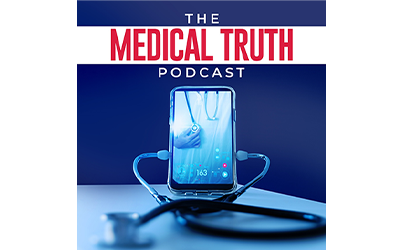As individuals, we generate an immense amount of personal data every day. From our GPS location to our weight measurements, this data is collected and often sold to third-party companies for commercial purposes. The problem with this is that our personal information is being monetized without our explicit consent, leaving us vulnerable to potential breaches of privacy and security.
Jay Glasgow, the owner of Privacy.coop, a cooperative association that protects people’s personal health information and privacy from being breached or shared for commercial purposes, has been fighting this issue for years. He understands that the strength of his organization lies in the membership agreement, where people agree that the company will represent their information rights, giving them control over what can and cannot be done with their data.
Glasgow explains that the HIPAA laws, which cover the privacy and security of personal health information, only cover a narrow strip of data collected medically. There is a vast amount of metadata, such as who, what, when, where, and why healthcare is being offered, that is not covered by HIPAA. This data is monetized and not HIPAAA compliant, so it’s being used for commercial purposes.
While contracts are in place to protect individuals when they visit a doctor’s office or hospital, these contracts also allow for carve-outs where data can be shared without permission. This is a serious issue, as individuals are not always aware of what data is being collected an sold, nor are they able to control the sharing of that data.
In a recent interview, Glasgow shared a story about a conversation he had with an architect for Toyota, who revealed that the car company sells weight trend analysis data to healthcare insurance providers. This data is used to determine insurance rates for employees. It’s alarming to think that car manufacturer’s have been collecting and selling data for years, and that other industries are also profiting from personal data.
Glasgow recommends that individuals consult with Privacy.Coop or other authorized agents to prevent the sale of their personal data. He also discusses the legal concept of information tights, which are equivalent to ownership rights, and suggests that individuals own the rights to the information contained within the data they generate. This means that we should have control over how our personal data is used and who it is shared with.
In conclusion, the collection and sale of personal data is a serious issue that needs to be addressed. Privacy information co-ops, like the one owned by Jay Glasgow, provide individuals with the means to protect heir personal health information and privacy from being breached or shared for commercial purposes. Its time for individuals to take ownership of their personal data and demand control over how it’s used and shared.







